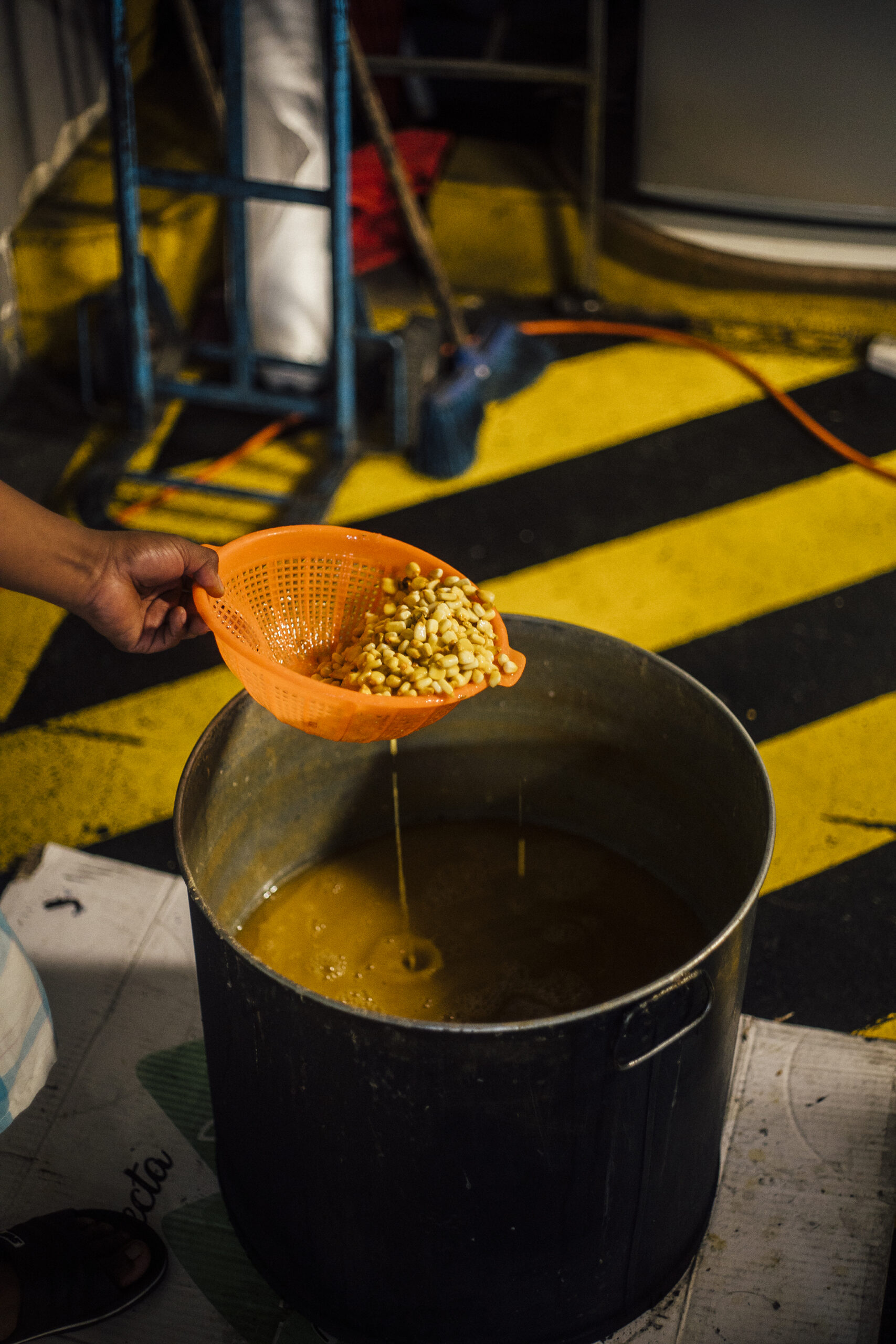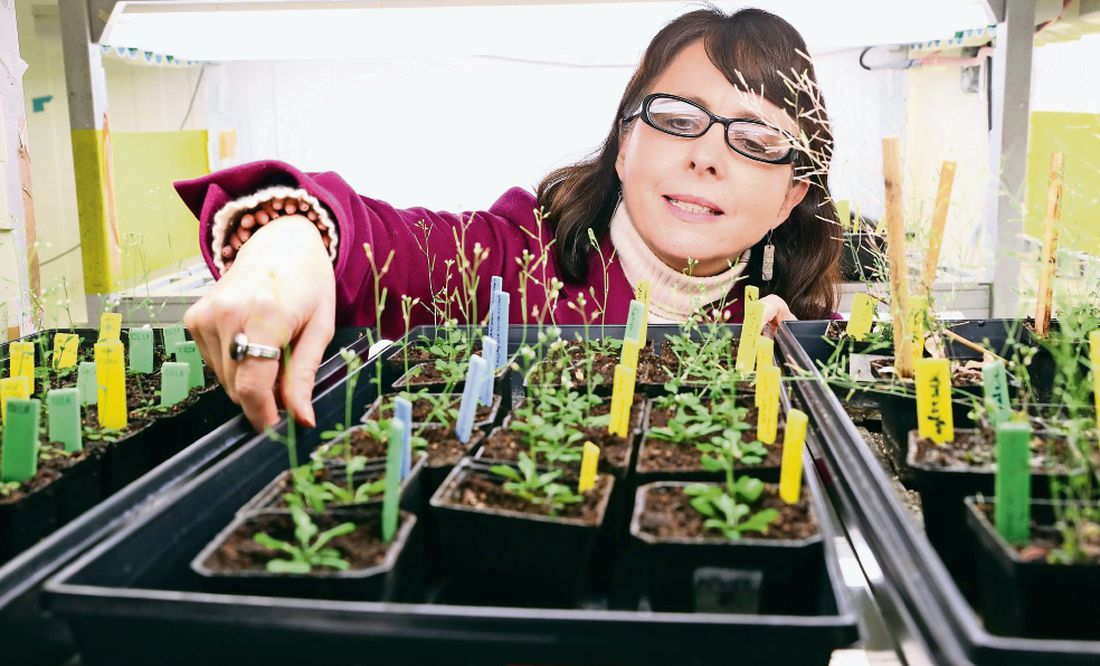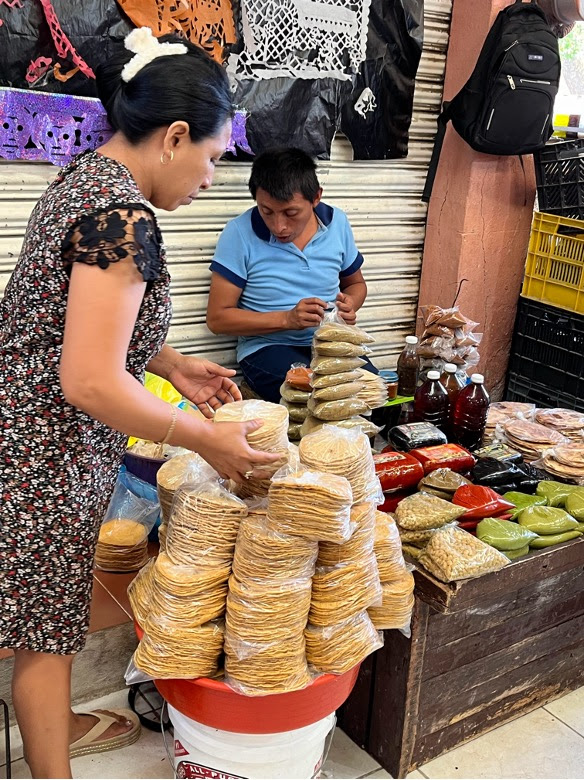In the early 1800s, the British people loved tea and silk from China, but there wasn’t much the Chinese wanted from Britain. How could the British close the trade imbalance without paying out a lot of silver?
The trade in illegal drugs has always been a terrific way to make a profit. Since the 1700s, the Chinese government had banned opium to protect its people’s health, but British merchants successfully smuggled massive quantities into China anyway. When China pushed back, tensions intensified with Britain until, in 1839, it started the Opium War and forced China to accept opium at the end of a gun barrel.
Fast forward to the US and Mexico today. Under the USMCA free trade agreement, US companies have the right to export goods to Mexico, and US agribusiness seized the opportunity to flood Mexico’s enormous corn market with cheap corn. Much of it is genetically modified, and Mexico argues that it threatens the country’s native corn varieties and could pose a threat to human health. Thus, President Lopez Obrador banned the import of transgenetic corn for use in food products.
But like the British two centuries ago, the US considers protecting its capitalist profits more important than protecting people’s lives. In response to AMLO’s ban, they filed a suit against Mexico under the terms of the USMCA to force Mexico to accept US GMO corn.
As Alma Piñeyro explains, a lot is at stake. Will Mexico, like China, be forced to import a product they judge unsafe for their people and harmful to their native agriculture?
Alma Piñeyro-Nelson, PhD, is a plant geneticist who has worked with transgene monitoring in Mexico for over 20 years. She is a Professor at the Department of Plant and Animal Production at the Xochimilco campus of the Metropolitan Autonomous University in Mexico City. She participated in some of the research on transgene biomonitoring used by the Mexican government in arguments they submitted to counter the US suit to stop Mexico’s ban on GM corn.
You’re a plant geneticist. Did you ever imagine that you would be involved in an international trade dispute?
Since junior high, when the Zapatista uprising happened, I’ve been a social activist. In 2001, I followed the first debate about the implications of finding transgenes (these are a type of GMO, or genetically modified organism) in our native corn plants, introduced to Mexico by the US after NAFTA was passed. The report, published in Nature magazine, kicked off a firestorm. For the first time, it was asked, “What are the biological effects of plants that pass on their transgenes to their offspring?” “What will happen when these plants mix with natural species?” “What are the legal, economic and political implications?”

Plant geneticist Dr. Elena Álvarez-Buylla, together with other scientists, raised the concern that GMO corn would contaminate our native species, called “landraces,” and make extinct our huge diversity of corn. Maize is a national treasure. Mexico is the birthplace of corn and holds half of all the genetic diversity of corn in the world.
At that time, only biotechnologists’ comments were considered valid. But over time, as more people from diverse fields weighed in, it became a debate about what sovereignty means: would Mexico determine the future of this crop that is part of Mexico’s heritage and identity?
Did Mexico stop the spread of GMO corn?

At first, discussion was confined to academic circles, but in the early 2000’s, the head of the Mexican National Science Foundation funded research that asked, “How big is the contamination? What regions are affected?” Several other studies, some conducted by grassroots organizations, followed.
Genetic analyses of corn samples collected between 2002 and 2004 showed the presence of transgenes in landraces, but it was only 10%. At that point, the spread could have been contained, as there had been a de facto moratorium on its planting since 1998. The assumption was that the National Biosafety Authority would follow up.
But this was not welcome news to the neoliberal government! The researchers got blacklisted from a scientific journal, and nothing was done.
Between 2009 and 2013, the government allowed new permits, and a new surge of GMO corn was planted in Mexico. In 2017, published research showed that the percentage of corn products containing transgenic material had climbed to 82%.
Did the contamination originate from US corn? Samples taken from the US and other countries that import US corn had the same transgenes, so we’re pretty sure that the likely origin is the US.
What are the health effects of eating products made from GMO corn?
I’m a plant geneticist, not a health researcher. But I know that in France, a long-term study done with animals found that those fed transgenic corn had a higher incidence of cancer. Part of the reason is that GMO plants are more resistant to toxins, so farmers can use more glyphosate-based weedkillers, such as Monsanto’s RoundUp; glyphosates have been found to cause cancer.

Fortunately, Elena Álvarez-Buylla is now the head of the National Biosafety Authority — we have a real advocate in charge now. The current Lopez Obrador administration has taken a new, precautionary stance on GM corn, and AMLO has decreed a ban. However, the ban is very limited — only for masa or corn flour, which is only one way we eat corn. But he also funded a long-term study on the health effects of a diet of transgenic corn on chickens, pigs, and rats.
In negotiations between the US and Mexico, Mexico agreed that they would only ban GMO corn used for human consumption — a small percentage of the corn imports. So why did the US still file a formal dispute?

The reasons are more political than economic. First, if you question the food safety of US products, you’re questioning the legitimacy of US commercial enterprises — AND of the “scientific studies” asserting that these products are safe. Second, the US doesn’t want to change its model of imposing imports on countries it trades with. Last, if Mexico were to succeed in banning this US import, it would set a bad international precedent, showing that a small country of the global south can take on the US and win.
Many people think that science is objective and neutral. But the questions you choose to investigate or not investigate are political decisions. To accommodate foreign investors and trade partners, previous Mexican administrations chose to ignore questions about GMO seeds, plants, and products. Moreover, the way you address biological questions is also political. For example, researchers analyzed the coarse grain components of grain — ash, fats, carbohydrates. They found that GMO corn and native corn were similar in terms of their components and therefore made the assumption that these types of corn were “substantially equivalent.” Under this assumption, some governments deemed any further investigation unnecessary.
So as a plant geneticist, to go back to your first question, I’m not surprised that my research is a political project.
How can supporters help Mexico win this legal dispute?
We need people to understand why this is so important to us. Corn is our food staple; it’s as important to us as wheat is to people in the US. What if all US bread was contaminated with transgenes and potentially cancer-causing?! US consumers are beginning to want produce like heirloom tomatoes, which have a range of wonderful flavors compared to agribusiness tomatoes produced for their uniformity of size and shape, to make them easier to pack and ship. US consumers can advocate to protect diversity.
For centuries, Mexico’s agricultural practices gave us a wealth of healthy corn. We are a reservoir of corn varieties, we have a huge living seed bank. But rather than banking them, we need to plant them again. Let them live!

